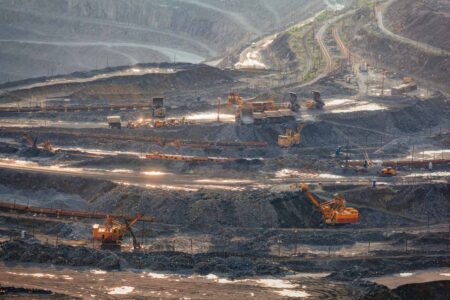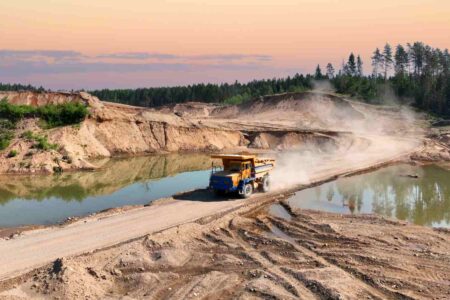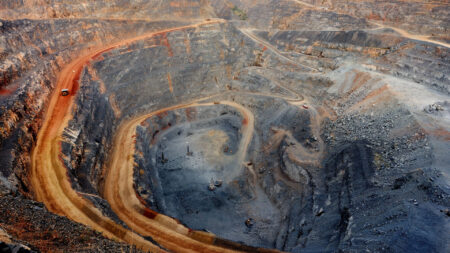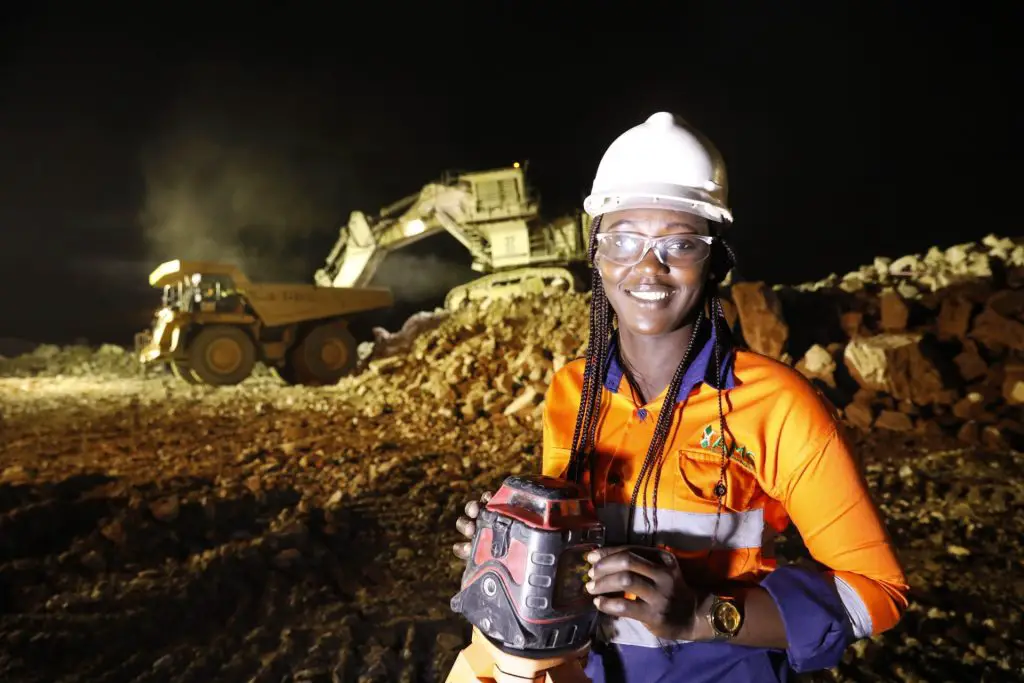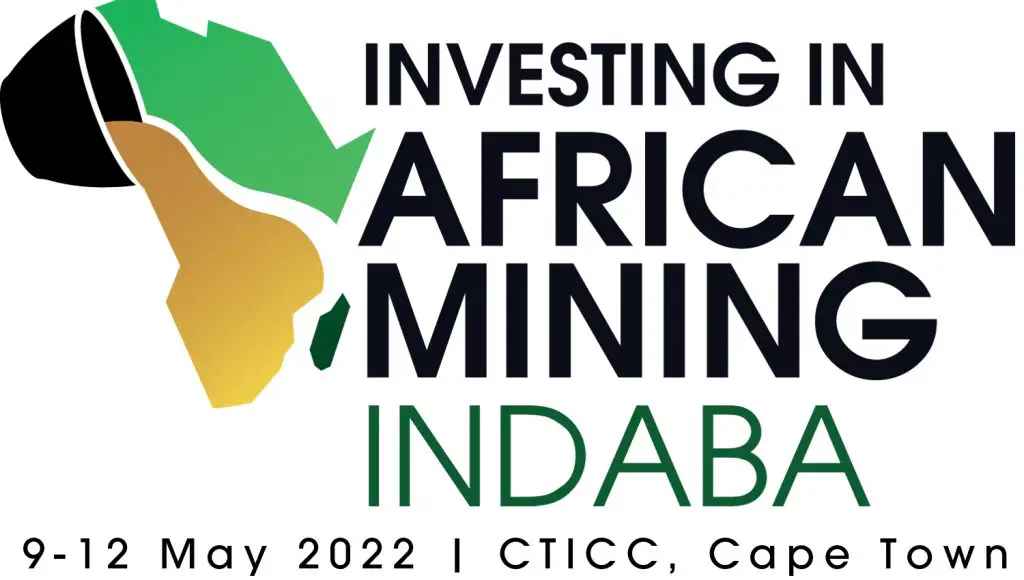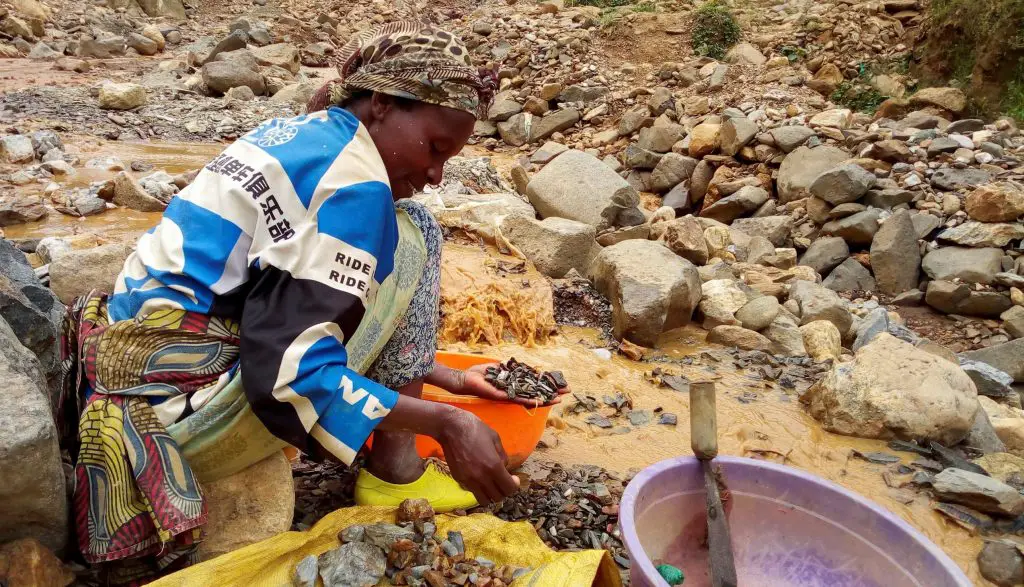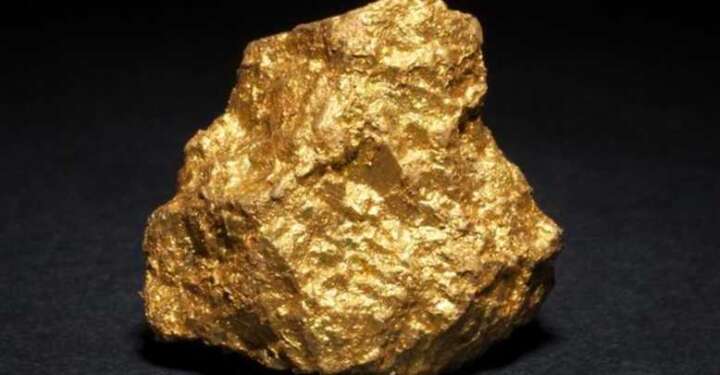- How transition finance can catalyse Africa’s green industrial revolution
- Stanbic PMI Report: Mixed performance as Kenya’s agriculture, construction offset manufacturing decline
- Uganda’s land management gets a tech makeover to boost transparency
- Nigeria’s output dips fastest in 19 months on a sharp rise in costs
- Apple faces growing backlash over Congo exploitation
- Why East Africa is staring at higher wheat prices in 2025
- Nairobi Gate SEZ pumps $7 million into Kenya’s agro-processing industry
- What impact will the US election have on Africa?
Browsing: Mining in Africa
- Africa homes about 30 per cent of the world’s mineral reserves, including 40 per cent of the world’s gold, 60 per cent of its cobalt, and 80 per cent of the platinum group metals.
- Mineral resources are a critical source of revenue for Africa.
- The interest in renewable energies in the mining industry arises from the escalating energy demand within the sector.
Mining in Africa faces ongoing challenges due to environmental degradation and social conflicts with local communities. Deforestation, land degradation, and air pollution are persistent issues linked to mining activities. However, effective prevention and mitigation measures can alleviate these impacts.
Africa’s mineral wealth is staggering. The continent homes about 30 per cent of the world’s mineral reserves, including 40 per cent of the world’s gold, 60 per cent of its cobalt, and 80 per cent of the platinum group metals. The Democratic Republic of Congo (DRC), for instance, with …
- This is the first critical raw materials agreement between the European Investment Bank (EIB), the world’s largest international public bank, and an African partner.
- The collaboration aims to address the growing global demand for critical raw materials, including base metals, battery materials, and rare earths.
- EIB Global technical and financing teams will increase cooperation with critical raw material partners to explore new investment opportunities in Rwanda.
In a first of its kind in Africa, Rwanda has entered into a partnership with the European Investment Bank (EIB), aiming to enhance the country’s investments in the critical raw material supply chain and boost recycling.
Notably, this agreement marks the first critical raw materials collaboration between the European Investment Bank, the world’s largest international public bank, and an African country.
The alliance between the EIB and Rwanda signifies a collective effort to promote sustainable development, strengthen the country’s economic ties with Europe, and …
The mining industry in Tanzania holds a unique position as one of the most financially rewarding sectors, consistently generating foreign currency. Beyond its economic significance, this sector also wields considerable political influence within the nation. Therefore, a recent multi-million-dollar agreement forged with Australia and the US for the extraction and processing of critical minerals positions Tanzania advantageously as it prepares to participate in the forthcoming Critical Minerals Summit 2023.…
- Africa is now realising the African Continental Free Trade Area (AfCTA)
- Africa economy is expected to grow by 3.8 percent in 2022
- Africa has 60 percent of its population under age of 25
Africa's economy is rising and it has been for a while now. For the intelligent investor, it is wise to rise with it side by side as Africa remains the most naturally endowed continent on the planet. This in terms of human and other natural resources. Hence to Invest in Africa is the next big thing as the region needs a 360 touch on its manufacturing industries.
With projected growth hitting 1.5 billion people, Africa stands as the most profitable ground for investors within the mining, transport and services sector. The region is not only advancing economically but diplomatically too.
The African Continental Free Trade Area (AfCFTA) is yet another breeding ground for success in the
- The Mining Indaba Professional conference 2022 is set to take place from May 9th to May 12th in Cape Town, South Africa
- The Indaba Conference will take at the Cape Town International Convention Centre, where African countries will lure investment into the mining sector that has remained resilient during the pandemic
- US Department of State will travel to the Indaba Conference 2022 with a delegation to reset and mend relationships between African countries and the United States
The 2022 Mining Indaba Professional Conference
The Mining Indaba Professional conference 2022 is set to take place from May 9th to May 12th in Cape Town, South Africa. The Conference focuses on the mining and energy sectors in Africa, the steps that the countries have taken and the moves they are about to make.
This will be the first meeting in person since 2019 when COVID-19 measures halted cross-border travelling and mass congregation. …
- Angola has discovered demanded rare earth minerals for vehicles and wind-farms making
- Angola targets to become the largest diamond producer in the world by 2023
- Gold production is another section Angola eyes to explore
Angola is shaping the face of mining in Africa. It stands out as one of the continent's most vibrant economies working towards diversifying its economy. As one of the leading energy producers on the continent, Angola has a unique potential for minerals mining as well. Angola is widely known for its vibrant diamond mining operations that pump life into its economy. Angola Exploration Mining Resources, FERRANGOL, Petril Phosphates, Minbos Resources, ITM Mining, Lumanhe, ENDIAMA and Axactor are top miners propelling Angola mining sector to prosperity.
The current government of Angola is striving to observe robust policies and build a strong mining industry to overcome negative effects that may lead to an over-dependence on natural resources.
The AfCFTA gives Africa an opportunity to confront its trade and economic development challenges such as market fragmentation, small-scale national economies, a narrow export base, caused by shallow manufacturing capacity, and underdeveloped industrial regional value chains.
AfCFTA is one of the tools for making a fundamental structural transformation for Africa’s economy and placing it on the path of long-term industrial development. AfCFTA will also strengthen the continent’s bargaining position when engaging in trade negotiations with economic powers such as China and the European Union. This implies that trade will become more favourable for African products, and now when Africa partners with the likes of China and other countries, focus should be on capital supply as well as industrialisation.…
[elementor-template id="94265"]





